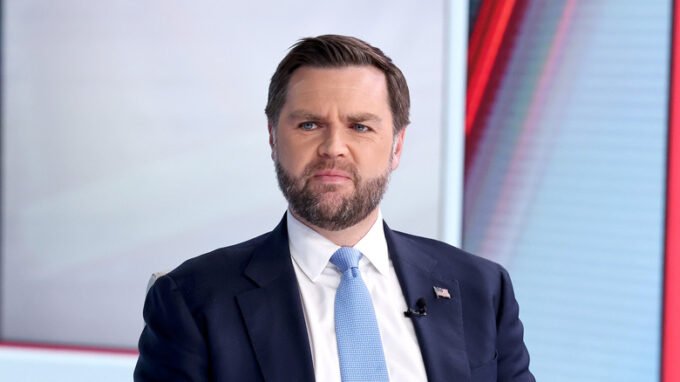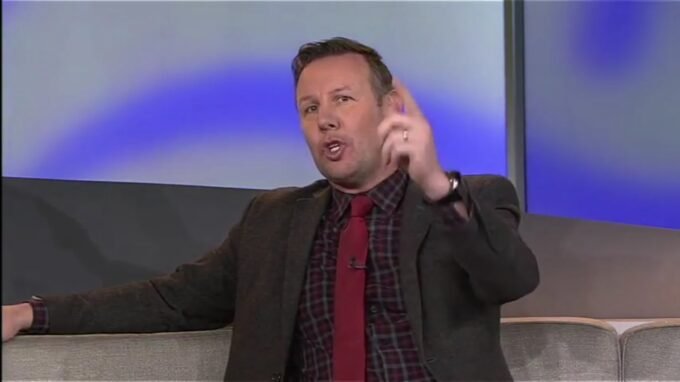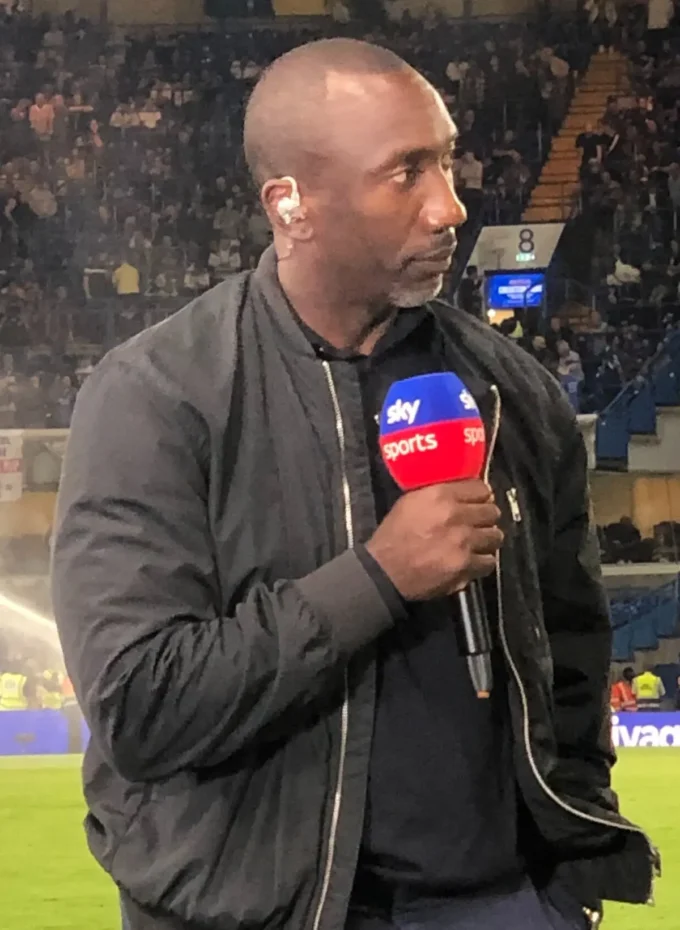In a striking reveal about the state of corruption in Nigeria, the Chairman of the Economic and Financial Crimes Commission (EFCC), Ola Olukoyede, has pointed out a glaring contradiction among the citizenry. While Nigerians commonly express outrage over corruption and its detrimental impact on society, many rally around corrupt leaders during legal proceedings against them. This paradox raises significant questions about collective accountability in the fight against corruption in the country.
Public Support for Corrupt Leaders
During a meeting in Abuja with officials from the Centre for Crisis Communication (CCC), led by Chris Olukolade, Olukoyede shed light on the challenges faced by the EFCC in its quest to combat corruption. He noted, “It is alarming that, despite the public’s outcry regarding corruption, when we take high-profile cases to court, we often see crowds supporting the very leaders we are prosecuting.” Olukoyede highlighted the necessity for a unified effort against corruption, emphasizing that the fight extends beyond the purview of his agency.
“The fight against corruption requires a collaborative effort from all sectors of society,” he continued. “One agency cannot do it alone. The role of each citizen, policy frameworks, and the welfare of the populace is crucial in this fight.” The EFCC chair’s statement underscores the need for a collective stance among Nigerians if the country hopes to curb the pervasive corruption that has become deeply entrenched in its institutions.
A Shift in Strategy at the EFCC
Since taking over the leadership of the EFCC, Olukoyede has shifted the Commission’s focus from conventional enforcement to preventive measures. He believes that the key to reducing corruption lies not only in prosecuting wrongdoers but also in preempting corrupt practices before they begin. “We are prioritizing prevention as a critical aspect of our mandate,” he explained.
He elaborated on new initiatives within the EFCC, including the establishment of the Fraud Risk Assessment and Control (FRAC) directorate. This division aims to pinpoint vulnerabilities within the government’s financial systems before they can be exploited. Through the use of the Government Integrated Financial Management Information System (GIFMIS), the EFCC is now better equipped to track public funds and ensure that capital projects are executed efficiently. The goal, he asserted, is to minimize the instances of corruption that require enforcement.
“Every naira released must be accounted for. We believe that by bolstering our preventive strategies, we will have fewer cases of corruption to enforce against,” he stated. The proactive approach allows the EFCC to conserve resources and focus on ensuring transparency and accountability in government spending.
Moreover, Olukoyede emphasized that while prevention is critical, the Commission has not neglected its enforcement duties. He assured that the EFCC would intensify its operations against those found guilty of corrupt practices. The dual approach is expected to enhance the Commission’s effectiveness in tackling fraud and corruption.
Also read: Major Arrests in West Africa: Interpol Takes Action Against Drug Trafficking and Terrorism Financing
The Path Forward
Olukoyede’s remarks shed light on the significant roadblocks that lie ahead in Nigeria’s battle against corruption. While the public condemnation of corrupt acts is prevalent, the tendency to rally behind corrupt former leaders points to an urgent need for a cultural shift. Awareness and education about the long-term impacts of corruption on societal welfare are essential in fostering a more accountable environment.
The Chairman urges every Nigerian to reflect on their role in combating corruption. By embracing a unified stance against corrupt practices, citizens can support the EFCC and hold leaders accountable, thus paving the way for a more transparent and just governance system.
As the EFCC continues to navigate this complex landscape, the cooperation of all Nigerians will prove vital. The challenges are immense, but with continued efforts on both prevention and prosecution, there is hope for a decline in the corruption that has plagued the nation for too long.




































![Actor Okemesi in Coma After Alleged Drug Complications 137 Actor Okemesi in coma following complications from drugs [VIDEO]](https://wowplus.net/wp-content/uploads/2026/02/actor-okemesi-in-coma-following-complications-from-drugs-video-680x907.jpg)
![Concerns Grow After Busola Oke Shares Emotional Message Online 138 ‘I’m no longer at peace’ – Concerns as Eleyele singer Busola Oke shares disturbing message [VIDEO]](https://wowplus.net/wp-content/uploads/2026/02/im-no-longer-at-peace-concerns-as-eleyele-singer-busola-oke-shares-disturbing-message-video-680x289.jpg)



Leave a comment